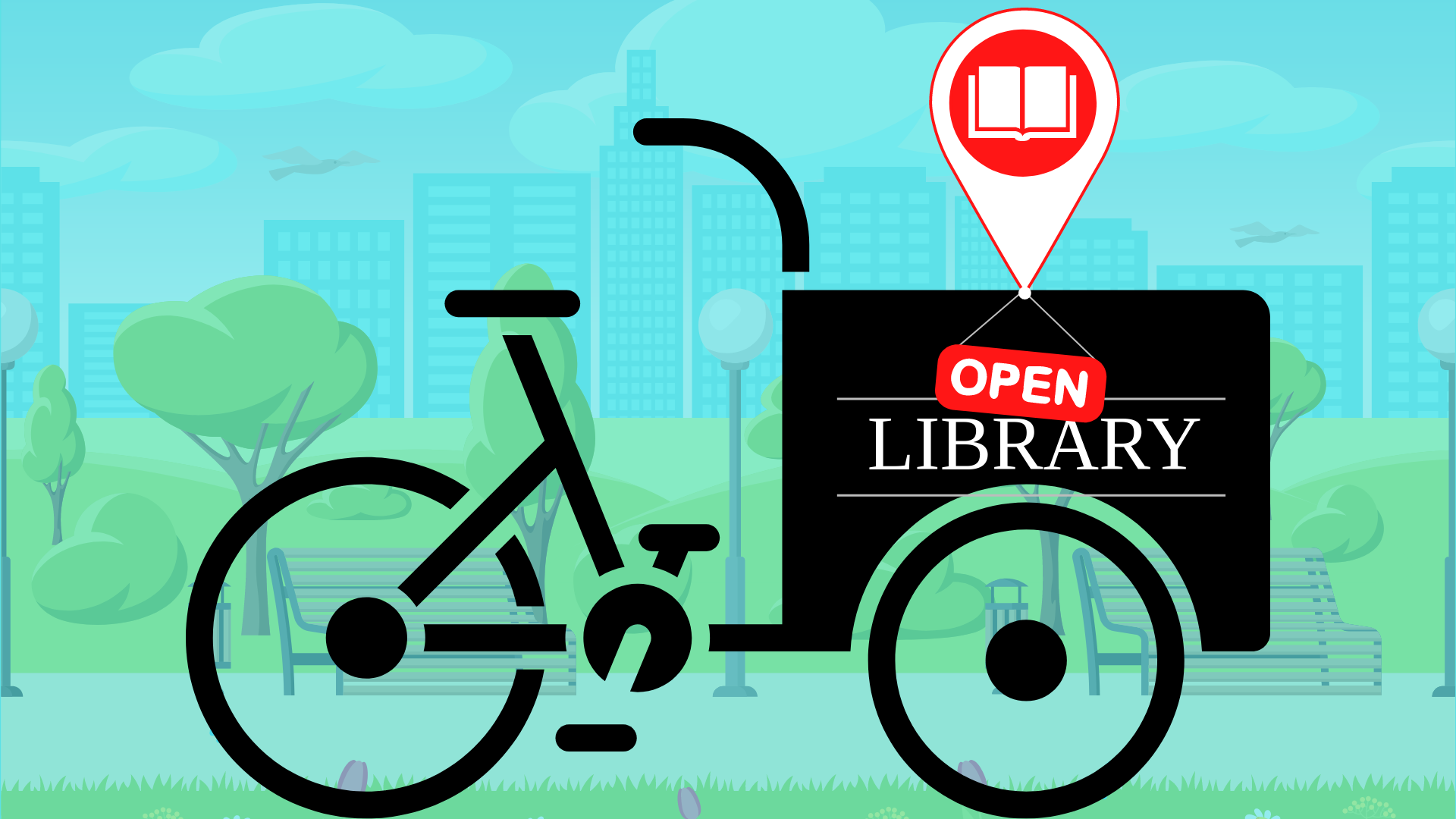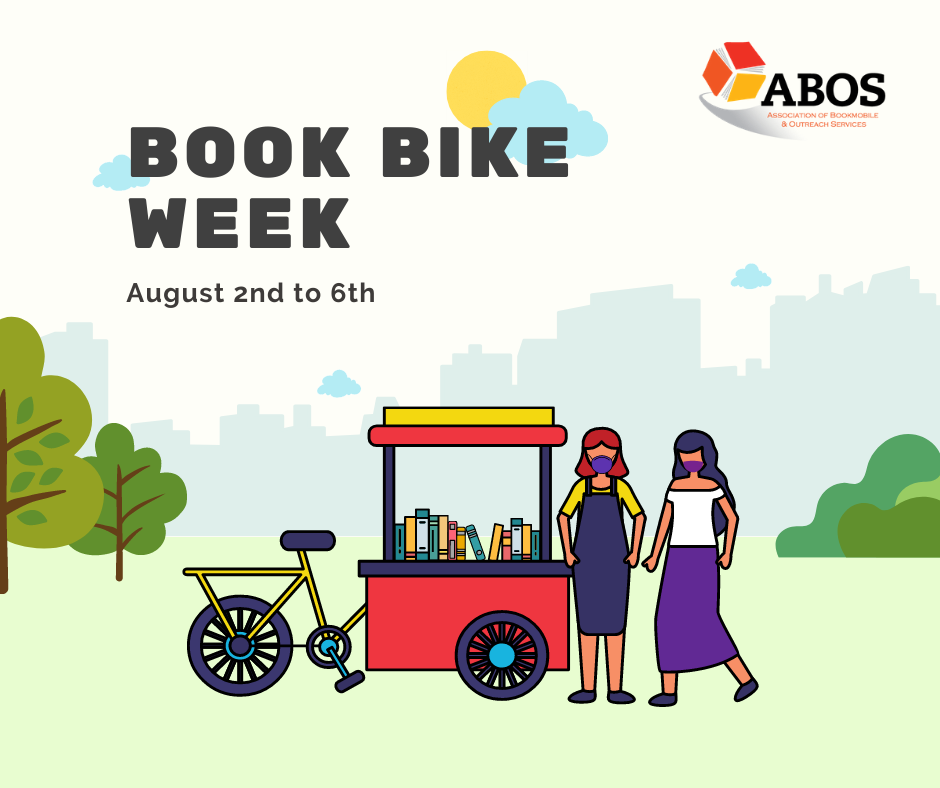Library Book Bikes Gaining in Popularity

Over the past year of collective crisis, public libraries have necessarily found creative ways to connect with patrons outside the physical library space, observing the need for social distancing while counter-intuitively fighting to create community, all while facing budget cuts and staff shortages. Enter the book bike: a compact, fossil fuel-free, relatively low-cost alternative to the bookmobile that requires no specialized training other than the ability to ride a bike for library staff to hit the streets. Book bikes — many of which are technically tricycles, owing to the need to comfortably accommodate the added weight of a cargo trailer — have been steadily rising in popularity over the past decade. For public libraries with the budget to acquire new equipment and the staffing to support outreach efforts that require significant time outside the library, it’s a no-brainer. The overwhelming sentiment from public libraries that have forayed into book bike territory is one of positive PR, valuable patron interactions, and a good return on investment.
Re-inventing the Wheel
The first book bike documented to have been specifically outfitted for this purpose in the United States was created by Haley Tricycles for Gabriel Levinson in 2008. Levinson, a Chicago-based literacy activist, was inspired by the charitable work of Dave Eggers and McSweeneys when he began setting up shop in Chicago parks to distribute free books to passersby. The project was a hit, and has attracted coverage from national publications like the New Yorker and Chicago Tribune. Since then, public libraries have appropriated the invention to drum up interest in traditional library services like print circulation and library card signups, to create pop-up spaces for outdoor programming, as well as to highlight innovative library initiatives and digital resources.
The Specs
- A typical book bike averages around $3,500-$4,000, but depending on the library’s budget, simpler models can run as low as $1,500 and fully outfitted custom projects can cost as high as $9,000 or more.
- Three of the most popular vendors for customized cargo bicycles and tricycles are Haley Tricycles, Icicle Tricycles, and Pedal Positive.
- Some book bikes are built with an electric motor to aid riders in handling the extra weight of a cargo trailer, while many others are powered by feet alone.
- Many book bikes are outfitted with umbrella holsters, which provide a clever way to attract attention with a branded logo umbrella, while offering shade for staff and patrons.
- Cargo trailers can be built to fit on the front or back of the bike, or the bike itself can be built to house a rider almost like a car with pedals, like this eye-catching book e-bike in Bloomington, Indiana, reminiscent of the Little Tikes Cozy Coupe.
- Shipping costs should be factored into any book bike budget, as most libraries will not be in the same city as their book bike manufacturer.
Book Bike Week
The first week of August (August 2-6), the Association of Bookmobile and Outreach Services (ABOS), an ALA-affiliate professional membership organization dedicated to library outreach, celebrates Book Bike Week. A recent initiative launched in 2020, Book Bike Week celebrates library book bike programs and recognizes individuals who serve their library’s community by bike. The celebratory week is commemorated with a social media parade of book bikes and trikes, representing libraries large, small, urban, rural, and suburban, each customized to serve the needs of their library community.

According to David Kelsey, ABOS President, “Book bikes are a valuable library outreach vehicle that are essential in connecting communities with books and materials from across the United States and around the world. Book bikes have the unique capability of popping up in neighborhoods and other community gathering places, providing library service to individuals who may never walk through the doors of a library building. Not only do book bikes meet library patrons at their point of need, but book bikes also celebrate and promote health, movement, exercise, and getting outdoors.”
In its second year, interest in Book Bike Week has doubled, with over 100 book bike programs across the United States and around the world submitting photos, testimonials, tips and tricks to this year’s social media celebration. Follow ABOS on Facebook, Twitter, and Instagram to see the full range of creative ways libraries, nonprofits, and private individuals are using bicycles and tricycles to connect books and other information resources with their users.
Tags: association of bookmobile and outreach services, book bike week, library book bikes








